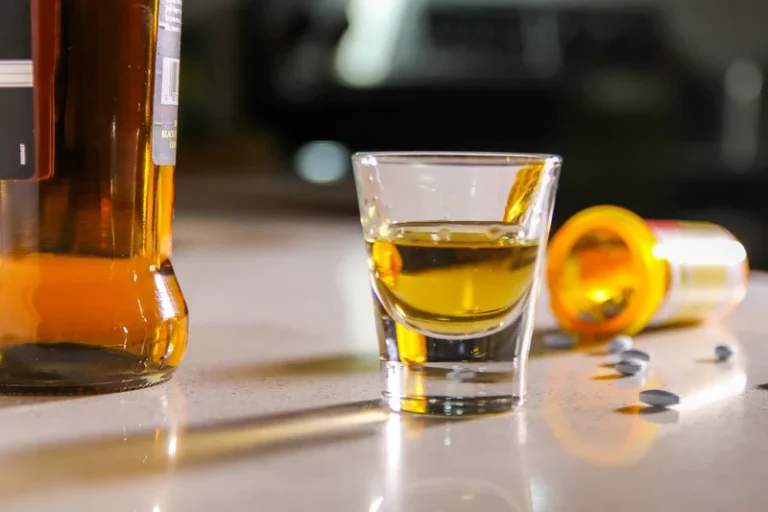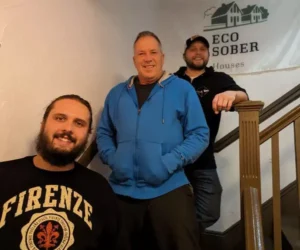Emerging Evidence for Cannabis’ Role in Opioid Use Disorder PMC

After screening eligible studies, we found nine studies that reported using MC to reduce opioid dosage for the treatment of non-cancer chronic pain. This review found a much higher reduction in opioid dosage, reduced emergency room visits, and hospital admissions for chronic non-cancer pain by MC users, compared to people with no additional use of MC. There was 64–75% reduction in opioid dosage for MC users and complete stoppage of opioid use for chronic non-cancer pain by 32–59.3% of MC users, when compared to patients without additional use of MC. Because the phytochemical makeup and cannabinoid content of cannabis have a significant effect on subjective human experiences,115 it is plausible that these variable experiences are the result of variable phytochemistry in cannabis products that are self-selected by study participants. Unfortunately, blinded, placebo-controlled clinical trials evaluating the efficacy of cannabis, either alone or as an adjunct therapy for acute opioid withdrawal, are lacking. This is not entirely surprising, given cannabis’ status as a Schedule I substance in the United States, which precludes federal funding to investigate cannabis as a medication-assisted therapy.
- It bears noting, however, that there are no scientific or long-term studies to back up these methods.
- Lastly, a falsification test was conducted that explored the impact of MML on the likelihood of antihyperlipidemic and antihypertensive drug use.
- It is a publically available dataset which gathers data from multiple sources.25 It has socioeconomic data and data on availability and type of healthcare professionals and health facilities.
- Because a subject could meet these criteria in multiple years, each observation represented a person year and not a unique patient.
Cannabis as a Harm Reduction Tool in OUD
The potential therapeutic applications of cannabis and cannabinoids in the treatment of OUD are worthy of further study, but it should be conducted with the same rigor that we expect of all pharmaceutical products. Until we have more research to show their efficacy, policy makers and clinicians should refrain from portraying cannabis and cannabinoids as evidence-based treatments for OUD. Regulatory limitations, including the classification of cannabis as a Schedule I drug in the USA, significantly impede research efforts and progress in this space [96]. Such regulatory limitations may in part explain the current lack of high-quality evidence in this area despite the increasing availability of and public interest in cannabis. In fact, even in the absence of reliable evidence, some US states have listed OUD as an indication for medicinal cannabis treatment, leading to misleading marketing from pharmacy dispensaries regarding therapeutic benefits [37].
- Regarding pain regulation, interactions with the opioid, serotonergic, proinflammatory and nociceptor systems have been documented [26, 36].
- “Medical cannabis is increasingly being used as a treatment in pain management and this peer-reviewed study is further evidence that medical cannabis has the potential to reduce the amount of opioid-based medications needed to treat chronic pain.” Acting Health Commissioner Dr. James McDonald said.
- Medical marijuana legalization’s association with pain-related hospital events among patients with lung cancer, however, was seen as early as the second half of the first year after implementation.
- Behavioral disorders, such as gambling or porn addictions, are great examples of the power of mental dependencies.
- †A multilevel logistic regression model with state of residence as random effects and year as fixed effect was used.
- Study samples included privately insured patients aged 18 to 64 years who received anticancer treatment during the 6 months after a new breast (in women), colorectal, or lung cancer diagnosis.
- If you decide to follow this path of treatment to reduce or replace medications, I want to learn from your experiences.
Medical cannabis for the reduction of opioid dosage in the treatment of non-cancer chronic pain: a systematic review
Lucas argues that the severity of the current opioid crisis justifies the immediate implementation of cannabis-based interventions, which can subsequently be evaluated in terms of public health impact and safety [81]. Nevertheless, Lucas also highlights the importance of well-designed clinical trials in assessing dosages, formulations and outcomes [81]. Promisingly, in mid-2022, the “Medical Marijuana and Cannabidiol Research Expansion Act” was passed in the USA, which seeks to facilitate cannabis research by streamlining approvals of potential studies and improving access to cannabis for research, although cannabis’ classification as a Schedule I substance remains unchanged. Such policy changes are an important first step in generating the substantial research base required for the approval of pharmaceuticals by the US Food and Drug Administration (FDA) (85).

Free Healthbeat Signup
- Nevertheless, Lucas also highlights the importance of well-designed clinical trials in assessing dosages, formulations and outcomes [81].
- Future research should look to include a broader variety of populations in order to improve the applicability of results on a global scale.
- With a primarily psychological drug like marijuana, it is also crucial to implement cognitive behavioral therapy as well as other therapeutic methods.
According to a 2023 recent study in the Journal of the American Medical Association, 31 percent of chronic pain patients in states with active medical marijuana programs have used cannabis to treat their chronic pain. They also reduced their usage of prescription opioids and other pain medications by more than half. Hurd and colleagues have conducted two placebo-controlled randomized trials examining how to overcome alcoholism the impact of cannabidiol (CBD) on cue-induced craving among individuals with OUD.12,13 CBD is a non-psychoactive constituent of cannabis, which is now FDA-approved for the treatment of rare pediatric seizure disorders. In both of their studies, CBD (400 mg or 800 mg) or placebo were given for 3 consecutive days to individuals abstinent from all opioids, and not receiving any MOUD.
Development and Pathology of Opioid Use Disorder (OUD)

Governments could further support research in this area by directing funding to universities and research institutions given the significant resource requirements of large clinical trials. Medical cannabis (MC) is currently being used as an adjunct to opiates given its analgesic effects and potential to reduce opiate addiction. This review assessed if MC used in combination with opioids to treat non-cancer chronic pain would reduce opioid dosage. A sub-group analysis of studies conducted in the U.S. showed an inverse relationship between cannabis use and treatment retention, while the association was in the opposite direction for studies in Israel. The included studies largely defined cannabis use through patient self-report or toxicology testing results.

Cannabinoids for the treatment of opioid use disorder: Where is the evidence?

- Until we have more research to show their efficacy, policy makers and clinicians should refrain from portraying cannabis and cannabinoids as evidence-based treatments for OUD.
- Nearly 2.5 million Americans struggle with opioid addiction and over 100 people die every day from opioid overdose.
- Generating epidemiological data from existing large-scale databases will likely be the most feasible method to achieve this in the short term, with a view to subsequently validate conclusions using large randomised controlled trials.
- As already noted in this review, epidemiological and observational studies have highlighted the potential of medicinal cannabis as a therapeutic for opioid addiction, or as an adjuvant analgesic with prescription opioid to reduce dosage, and by extension, minimising the propensity of developing OUD.
- Pain is an unpleasant experience that is subjective in nature; it differs in duration and etiology.






